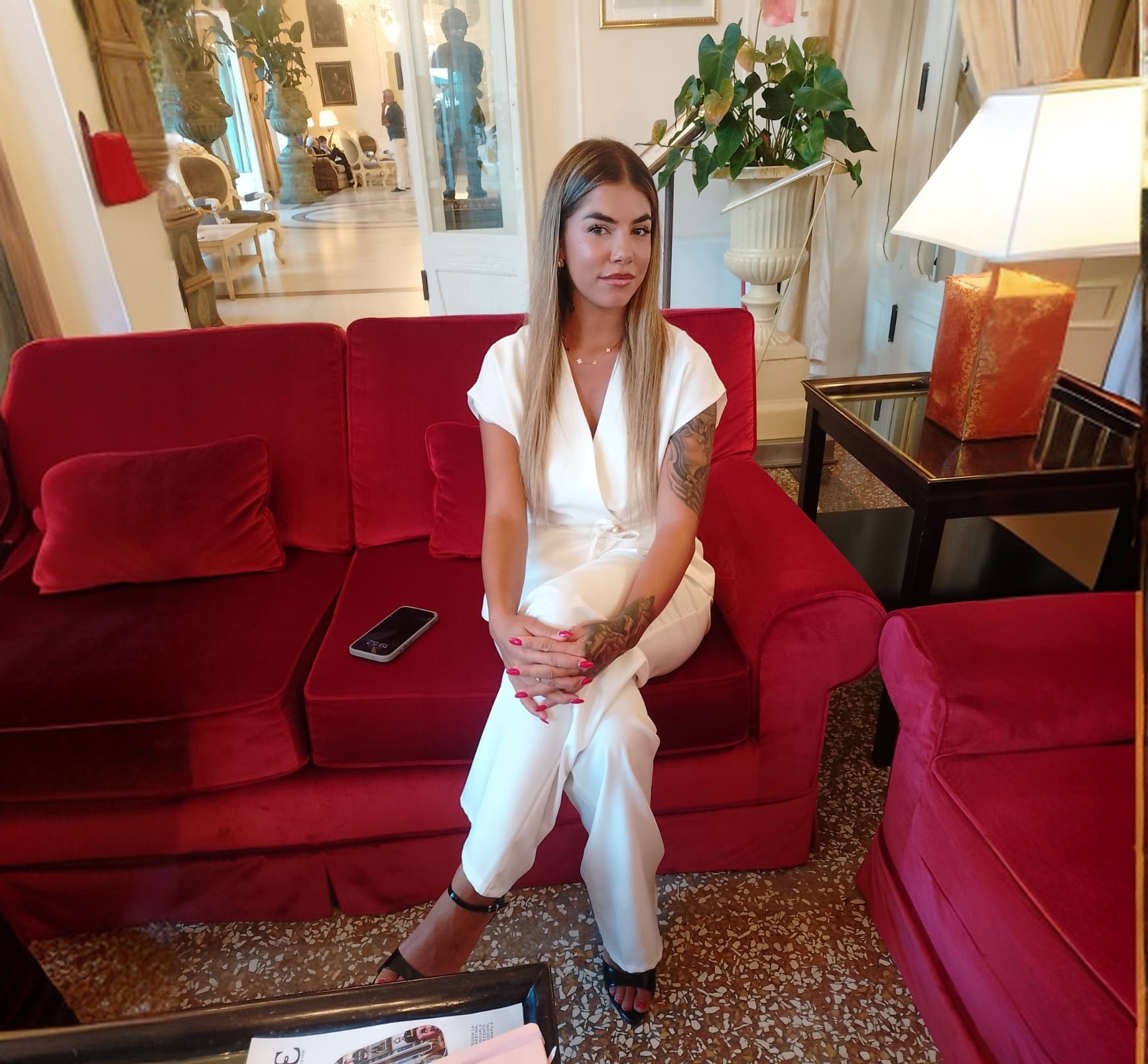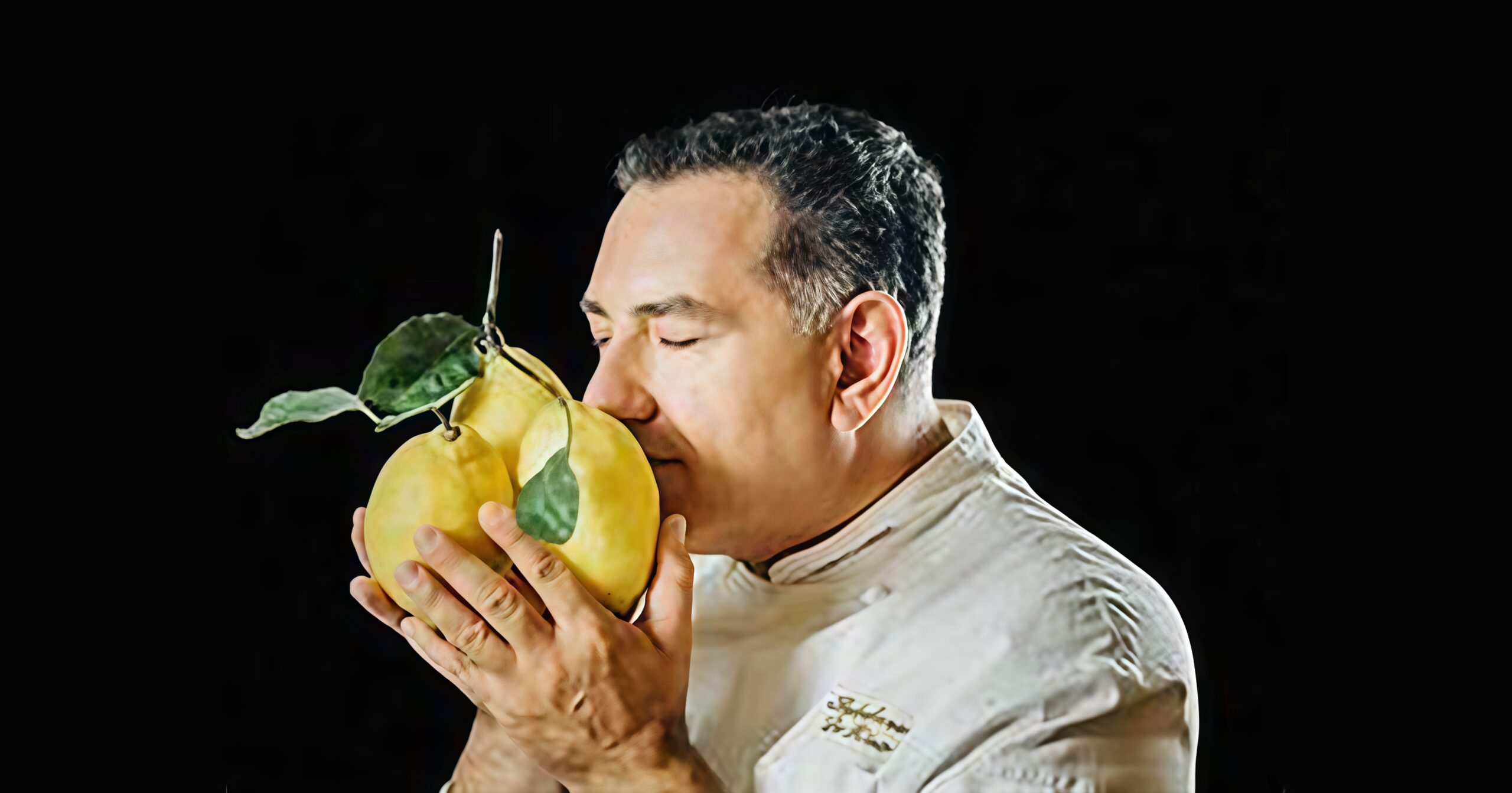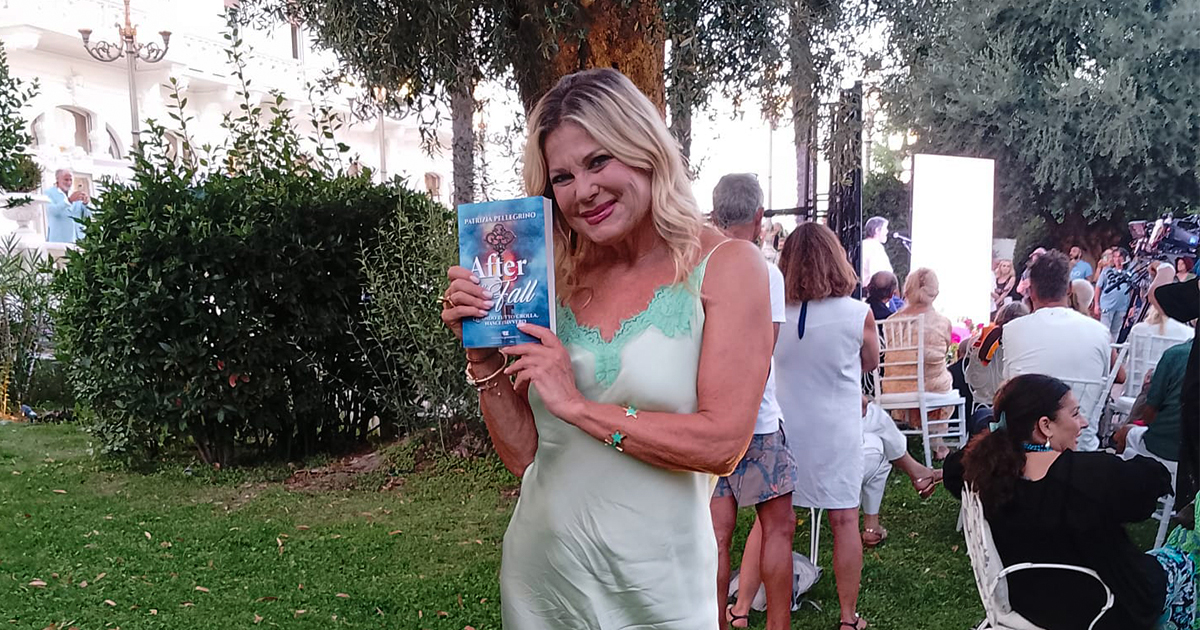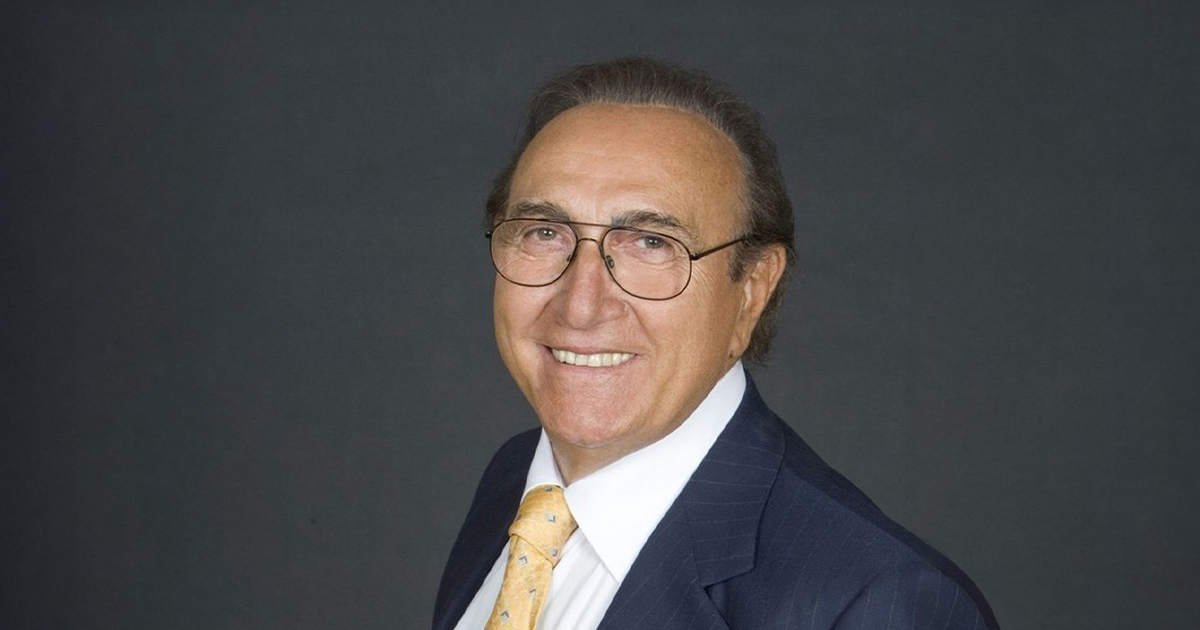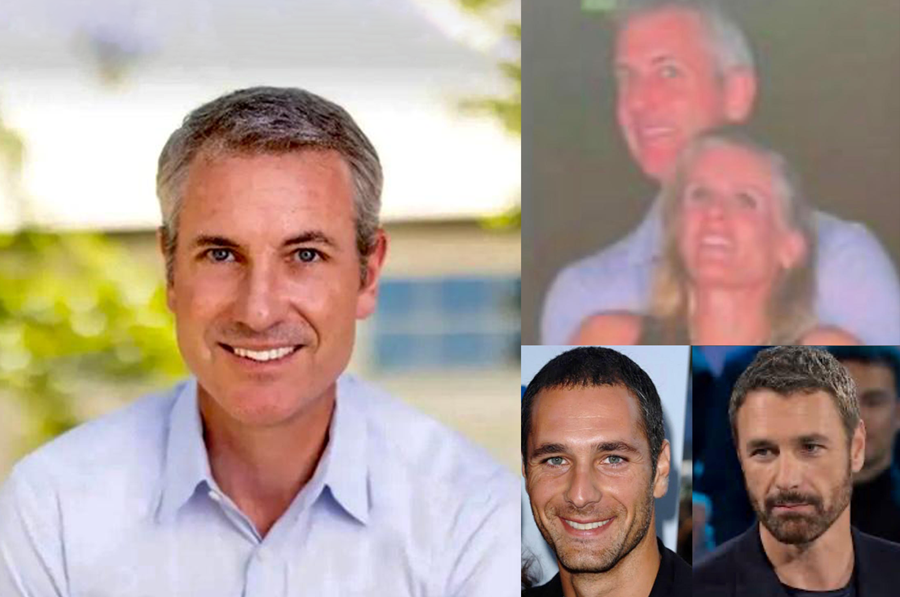- Italian
- English
Sotto il cielo d’estate di Rimini, con il sole che accarezzava le facciate maestose del Grand Hotel, la Terrazza della Dolce Vita si è trasformata in un salotto carico di emozioni. Non solo mondanità, ma coraggio, testimonianze e verità pronunciate senza paura.
A fare da padrona di casa Simona Ventura, al centro di un panel tutto al femminile dedicato alla violenza contro le donne. Sul palco, tre voci diverse ma unite dalla stessa battaglia: Elisabetta Aldrovanti (Presidentessa dell’Osservatorio Nazionale Sostegno Vittime di Reato), Annamaria Bernardini de Pace (avvocata e saggista) e Chiara Balistreri (vittima di violenza e concorrente de L’Isola dei Famosi). In prima fila, occhi lucidi e silenzi carichi di empatia.
Un video tratto da L’Isola dei Famosi mostra Chiara scavare dentro di sé, raccontando con autenticità la sua storia. Al termine, Simona Ventura la guarda e le dice: «Hai avuto tanto coraggio».
Chiara, visibilmente emozionata, ripercorre le fasi più buie della sua vita: la manipolazione, l’isolamento, la vergogna, la famiglia di lui che lo difendeva. Racconta di come, se lei usciva, lui la tempestava di chiamate, facendole terra bruciata intorno. Un controllo costante che l’ha portata a chiudersi in sé stessa e ad isolarsi da tutta la sua rete sociale.
L’avvocata Annamaria Bernardini de Pace parla di narcisisti e delle radici familiari della violenza: «Quando in casa ci sono schiaffi, urla, denigrazione, lì si semina il terreno della violenza. Purtroppo oggi molti genitori cercano i like dei figli invece di formarli. La violenza psicologica è la più terribile: prepara a quella fisica». Poi si rivolge a Chiara: «Fidanzati con te stessa».
Simona Ventura chiede: «E la mamma di lui?». Chiara spiega che il suo ex era rancoroso persino con la madre, ma lei lo difendeva sempre. Racconta episodi in cui la donna acconsentiva alle critiche del figlio sul modo in cui Chiara si vestiva: una complicità che amplificava la manipolazione.
Elisabetta Aldrovanti aggiunge un episodio rivelatore: la madre dell’ex la contattò via Messenger, in una chiamata di 40 minuti, minimizzando tutto ciò che il figlio aveva fatto, mentre lui era latitante. Poi, quando finì in carcere, le chiese persino di difenderlo. «Lo racconto per far capire che, in certi casi, non c’è solidarietà femminile», sottolinea.
Nel finale sale sul palco la cantautrice Eliza G. La musica e le parole creano un’atmosfera intensa. Chiara si commuove, e le sue lacrime raccontano meglio di qualsiasi discorso la forza e la fragilità che convivono in lei.
Quando le luci si abbassano e il pubblico abbraccia Chiara, ci spostiamo in un salottino riservato del Grand Hotel. L’atmosfera è più intima, lontana dai microfoni e dagli applausi. È qui che Chiara, con la stessa sincerità di pochi minuti prima, accetta di raccontarsi ancora.
Chiara, questa sera la Terrazza della Dolce Vita profuma di coraggio, e tu lo hai dimostrato. Sei qui come ospite e come donna che ha trasformato un dolore personale in testimonianza pubblica. Che significato ha per te questa serata?
— Per me è un modo per non smettere mai di parlarne, per dare forza a tutte quelle donne che, oltre ad aver seguito la mia vicenda, hanno bisogno di coraggio. Magari, se all’epoca avessi visto o sentito una storia simile alla mia, forse avrei denunciato prima. Mi sarei chiesta: “Cavolo, lei ha la forza… perché io no?” Quindi, sicuramente, è un modo per continuare a parlarne e aiutare altre ragazze.
Hai portato in pubblico una storia che molti avrebbero taciuto. Non per esibizionismo, ma per dare voce a chi non riesce a parlare. Quando hai capito che il silenzio non era più un’opzione?
— Quando, quella sera, mi ha colpito al naso e mi ha fatto finire in ospedale, ho capito che quello non poteva essere amore. E ho capito che non potevo più restare in silenzio, perché quel silenzio lo stavo pagando caro, sulla mia pelle.
La tua testimonianza è arrivata anche ai più giovani, che ti seguono sui social. Cosa diresti oggi alle ragazze che vivono nell’ombra di una violenza, spesso invisibile agli occhi degli altri, per convincerle che il coraggio è una scelta possibile?
— Ce ne sono tantissime, e me ne rendo conto dai messaggi che ricevo, anche da parte di genitori e mamme che mi chiedono di contattare le loro figlie. Faccio parte dell’Associazione Scarpetta Rossa (www.scarpettarossa.com), che supporta le donne vittime di violenza: dal momento in cui una ragazza, una donna o una madre chiede aiuto, la indirizziamo magari da uno psicologo o da un avvocato. So che rivolgersi a un’associazione può spaventare, perché spaventava anche me. Ma con un approccio amichevole e diretto riesco spesso a convincerle. Quello che ripeto sempre è che lo schiaffo che prendiamo oggi sarà il pugno o il calcio di domani: può solo peggiorare. Dietro la violenza fisica c’è sempre quella psicologica, invisibile, che non lascia lividi: manipolazione, controllo, ossessività, limitazioni su come vestirsi, truccarsi, con chi uscire, sul lavoro e sugli affetti. È la radice più subdola della violenza.
Quanto è importante, in questi casi, avere una rete di persone di fiducia al di fuori della relazione?
— È fondamentale. Ti offre un sostegno che non viene dal carnefice o dalla sua famiglia, e ti dà un parere esterno lucido. È la prima cosa: avere sempre contatti con l’esterno, che sia un’amica, un genitore o un familiare.
Pensi che la tua partecipazione a un reality come L’Isola dei Famosi abbia dato più forza al tuo messaggio o c’è il rischio che lo spettacolo sovrasti la causa? E cosa rispondi a chi ti ha accusato di esibizionismo?
— Non mi sono preoccupata di quello che la gente potesse pensare. L’ho fatto per me stessa. La mia sopravvivenza l’avevo già conquistata, ma era stata una sopravvivenza poco sana. L’Isola, per me, è stato un ambiente sano, anche per mettere alla prova i miei limiti. Sono entrata per mostrare un altro lato di me: quello sensibile e fragile, accanto a quello forte. Quando ci sono storie importanti da raccontare, non può essere esibizionismo.
Dopo questa esperienza, quali sono i tuoi progetti?
— A settembre ripartirò nelle scuole italiane con Scarpetta Rossa. Visiteremo licei, scuole superiori e medie per parlare ai più giovani, perché la soglia della violenza si sta abbassando. Bisogna partire dalle famiglie e dalle scuole.
Oggi sei serena, Chiara?
— Sì. Ho ripreso in mano la mia vita, ho tanti progetti e sono felice.
Se potessi lasciare un messaggio diretto agli uomini che leggono questa intervista, quale sarebbe?
— Di farsi aiutare. Di non riversare i propri problemi su una persona che li ama. Di avere il coraggio di affrontarli da soli, perché la cura per uscire dalla violenza è un percorso personale.
Chiara ha solo 22 anni, ma la sua voce ha già attraversato televisioni, social e piazze, diventando un simbolo di coraggio. La sua storia comincia quando, appena quattordicenne, incontra “Gabriel”. All’inizio lui è gentile, premuroso, apparentemente innamorato. Ma dietro i gesti affettuosi si nasconde una violenza lenta e corrosiva, fatta di controllo, manipolazione, isolamento. Un meccanismo che, col passare degli anni, si trasforma in aggressioni fisiche sempre più brutali, fino al giorno di San Valentino, quando un pugno le spezza il naso.
Nel 2022, Chiara trova la forza di denunciare. Lui diventa latitante: prima per due anni e mezzo, poi di nuovo dopo essere stato messo ai domiciliari, senza braccialetto elettronico.
La sua storia arriva in tv, dove a Verissimo – il 17 novembre 2024 e il 2 marzo 2025 – racconta il viaggio dalla denuncia alla consapevolezza, fino al momento in cui la giustizia finalmente agisce. L’ex viene arrestato e, pochi mesi dopo, condannato a sei anni e tre mesi di carcere. Chiara apprende la notizia in diretta, mentre si trova all’Isola dei Famosi: in quell’istante, davanti alle telecamere, si legge nei suoi occhi la fine di un incubo e l’inizio di una nuova vita.
Oggi usa i social come arma di denuncia e di prevenzione. Non con frasi generiche, ma con parole che arrivano dritte. Non è un monito solo per sé, ma per tutte. Perché la sua storia non resti soltanto una ferita, ma diventi un faro per chi è ancora nel buio. Chiara non racconta la sua storia per rivivere il dolore, ma per impedirgli di ripetersi. La sua voce non è solo un ricordo, è un allarme che suona per chi ancora non ha trovato il coraggio di parlare.
In lei convivono la fragilità di chi ha visto l’abisso e la forza di chi ne è risalito. Oggi, quando ride, quella luce negli occhi non è più un’illusione: è il segno di una libertà riconquistata centimetro dopo centimetro, parola dopo parola.
Se ascoltarla fa male, è perché la verità spesso graffia. Ma è un graffio che sveglia, che scuote, che ricorda a tutti, uomini e donne, che l’amore non ferisce, non controlla, non umilia.
E mentre lascia il salotto del Grand Hotel per tornare tra la gente, Chiara sorride. È un sorriso che porta con sé una promessa: «La mia storia non sarà mai solo mia. Sarà la voce di chi, un giorno, deciderà di salvarsi». Grazie, Chiara, a nome di tutte quelle donne che in te hanno trovato la forza. Che queste parole possano raggiungere chi oggi vive nella violenza e, leggendole, scoprire che salvarsi è possibile.
“I would like to thank Global Event Magazine for this interview I just gave. I can’t wait to read it.”
Under Rimini’s summer sky, with the sun caressing the majestic façades of the Grand Hotel, the Terrazza della Dolce Vita turned into a salon brimming with emotions. Not just glamour, but courage, testimony, and truths spoken without fear.
Hosting the evening was Simona Ventura, at the center of an all-female panel dedicated to violence against women. On stage, three different voices united by the same battle: Elisabetta Aldrovanti (President of the National Observatory for Victims of Crime), Annamaria Bernardini de Pace (lawyer and author), and Chiara Balistreri (victim of violence and contestant on L’Isola dei Famosi). In the front row, teary eyes and silences heavy with empathy.
A video from L’Isola dei Famosi showed Chiara digging deep inside herself, recounting her story with raw authenticity. When it ended, Simona Ventura looked at her and said: “You’ve been so brave.”
Visibly moved, Chiara revisited the darkest chapters of her life: the manipulation, the isolation, the shame, and the family of her abuser who always defended him. She described how, if she went out, he would bombard her with calls, isolating her from everyone she knew. A constant control that pushed her to shut herself off and sever all her social ties.
Lawyer Annamaria Bernardini de Pace spoke about narcissists and the family roots of violence: “When there are slaps, shouting, and humiliation at home, that’s where the seeds of violence are sown. Unfortunately, today many parents chase their children’s ‘likes’ instead of raising them. Psychological violence is the most terrible — it paves the way for physical abuse.” Then, turning to Chiara, she said: “Fall in love with yourself.”
Simona Ventura asked: “And what about his mother?” Chiara explained that her ex was resentful even toward his own mother, yet she always defended him. She recalled episodes where the woman agreed with her son’s criticisms about the way Chiara dressed — complicity that amplified the manipulation.
Elisabetta Aldrovanti added a telling episode: the ex’s mother once contacted her via Messenger, with a 40-minute call in which she minimized everything her son had done, even while he was on the run. Then, when he ended up in prison, she even asked Aldrovanti to defend him. “I share this to show that, in some cases, there’s no female solidarity,” she stressed.
In the finale, singer-songwriter Eliza G took the stage. The music and lyrics created an intense atmosphere. Chiara was moved to tears, and her emotions spoke louder than any speech, revealing both the strength and fragility that live within her.
When the lights dimmed and the audience embraced Chiara, we moved to a private lounge at the Grand Hotel. The atmosphere was more intimate, far from microphones and applause. There, with the same sincerity as before, Chiara agreed to continue sharing her story.
Chiara, tonight the Terrazza della Dolce Vita smells of courage — and you’ve shown plenty of it. You’re here as a guest and as a woman who turned personal pain into public testimony. What does this evening mean to you?
— For me, it’s a way to never stop talking about it, to give strength to all those women who, besides following my story, need courage. Maybe if I had heard a story like mine back then, I would have reported sooner. I would have asked myself: “Wow, she has the strength… why don’t I?” So yes, it’s definitely a way to keep the conversation alive and help other girls.
You’ve brought into the public eye a story many would have kept silent about — not for show, but to give a voice to those who can’t speak. When did you realize silence was no longer an option?
— When, that night, he hit me in the nose and sent me to the hospital, I realized that couldn’t be love. And I knew I couldn’t keep silent anymore, because I was paying dearly for that silence — on my own skin.
Your testimony has reached young people who follow you on social media. What would you say today to girls living in the shadow of violence, often invisible to others, to convince them that courage is a possible choice?
— There are so many, and I know it from the messages I get — even from parents and mothers asking me to reach out to their daughters. I’m part of the Scarpetta Rossa Association (www.scarpettarossa.com), which supports women victims of violence: from the moment a girl, woman, or mother asks for help, we direct them to a psychologist or a lawyer. I know turning to an association can be scary — it was for me too. But with a friendly and direct approach, I can often convince them. What I always repeat is that the slap we take today will become tomorrow’s punch or kick — it can only get worse. Behind physical violence there’s always the invisible psychological violence: manipulation, control, obsessiveness, restrictions on how to dress, wear makeup, who to see, work, or family ties. It’s the most insidious root of violence.
How important is it, in these cases, to have a network of trusted people outside the relationship?
— It’s essential. It gives you support that doesn’t come from the abuser or his family, and it offers a clear, outside perspective. It’s the first thing: always keep contact with the outside world — a friend, a parent, or a relative.
Do you think your participation in a reality show like L’Isola dei Famosi gave more strength to your message, or is there a risk the entertainment overshadows the cause? And how do you respond to those who accused you of seeking attention?
— I didn’t care what people might think. I did it for myself. I had already survived, but it had been an unhealthy survival. L’Isola was a healthy environment for me, also to test my limits. I joined to show another side of myself: the sensitive and fragile one alongside the strong one. When you have important stories to tell, it can’t be about attention-seeking.
After this experience, what are your plans?
— In September, I’ll start again in Italian schools with Scarpetta Rossa. We’ll visit high schools and middle schools to talk to young people, because the threshold for violence is lowering. We need to start with families and schools.
Are you happy today, Chiara?
— Yes. I’ve taken back control of my life, I have many projects, and I’m happy.
If you could leave a direct message to the men reading this interview, what would it be?
— To get help. Not to unload their problems on someone who loves them. To have the courage to face them on their own, because the path out of violence is a personal journey.
Chiara is only 22, yet her voice has already echoed through TV screens, social media, and public squares, becoming a symbol of courage. Her story began when, at just fourteen, she met “Gabriel.” At first, he was kind, caring, seemingly in love. But behind the affectionate gestures hid a slow, corrosive violence — control, manipulation, isolation. A mechanism that, over the years, turned into increasingly brutal physical assaults, until Valentine’s Day, when a punch broke her nose.
In 2022, Chiara found the strength to report him. He went on the run: first for two and a half years, then again after being placed under house arrest without an electronic bracelet.
Her story reached television audiences, and on Verissimo — on November 17, 2024, and March 2, 2025 — she shared her journey from reporting him to gaining awareness, until the moment justice finally acted. Her ex was arrested and, a few months later, sentenced to six years and three months in prison. Chiara learned the news live, while on L’Isola dei Famosi: in that moment, before the cameras, her eyes revealed the end of a nightmare and the beginning of a new life.
Today, she uses social media as a tool for reporting and prevention. Not with vague phrases, but with words that hit straight. Her story is not just for herself — it’s for everyone. So it won’t remain just a wound, but become a beacon for those still in the dark. Chiara doesn’t tell her story to relive the pain, but to stop it from happening again. Her voice is not just a memory — it’s an alarm sounding for those who haven’t yet found the courage to speak.
Within her coexist the fragility of someone who has seen the abyss and the strength of someone who has climbed out. Today, when she smiles, the light in her eyes is no longer an illusion — it’s the mark of a freedom regained, inch by inch, word by word.
If listening to her hurts, it’s because the truth often scratches. But it’s a scratch that wakes you, that shakes you, that reminds everyone — men and women — that love does not hurt, does not control, does not humiliate.
And as she leaves the Grand Hotel lounge to return to the crowd, Chiara smiles. It’s a smile that carries a promise: “My story will never be only mine. It will be the voice of those who, one day, choose to save themselves.” Thank you, Chiara, on behalf of all the women who have found strength in you. May these words reach those living in violence today and, by reading them, discover that saving themselves is possible.
By author

